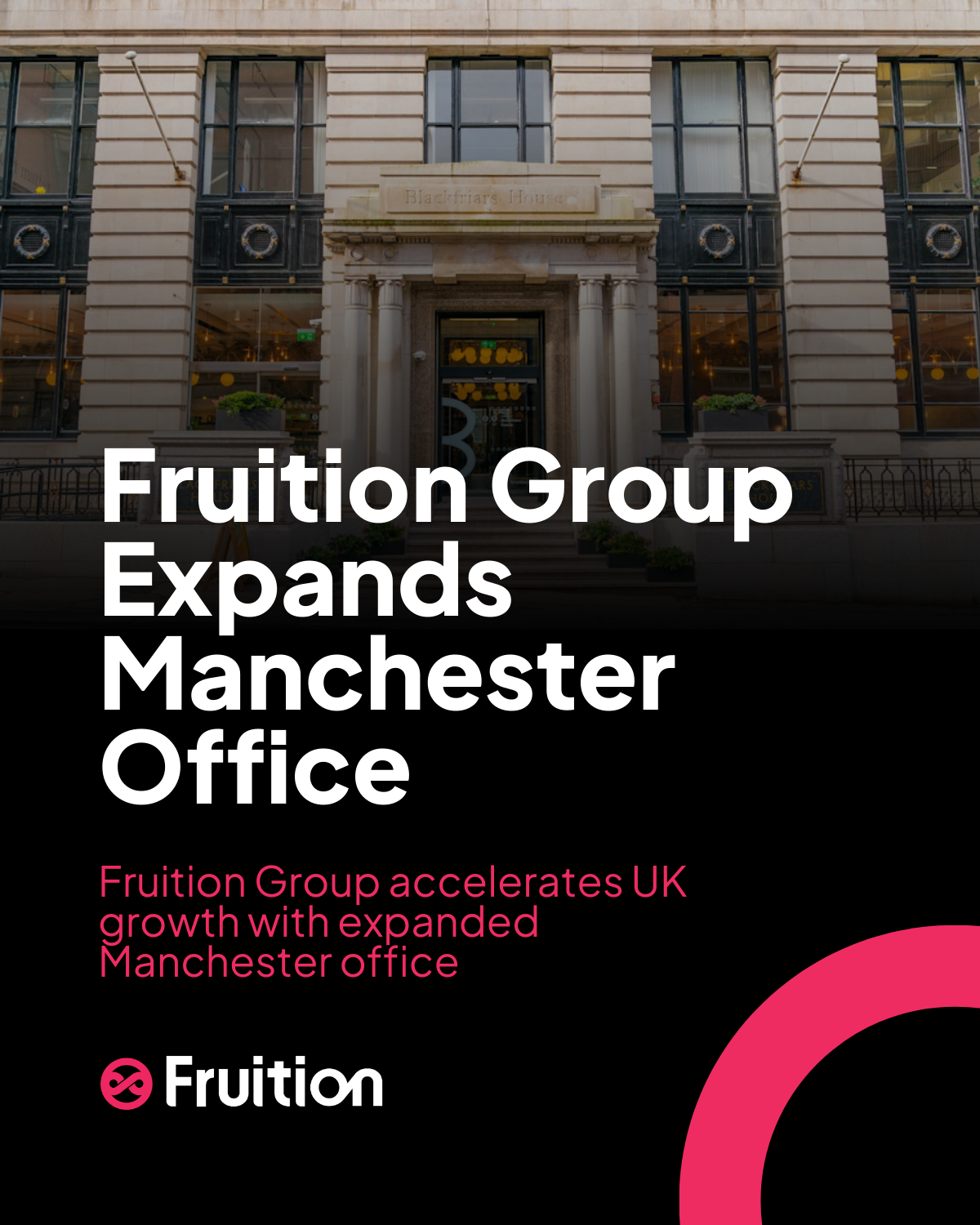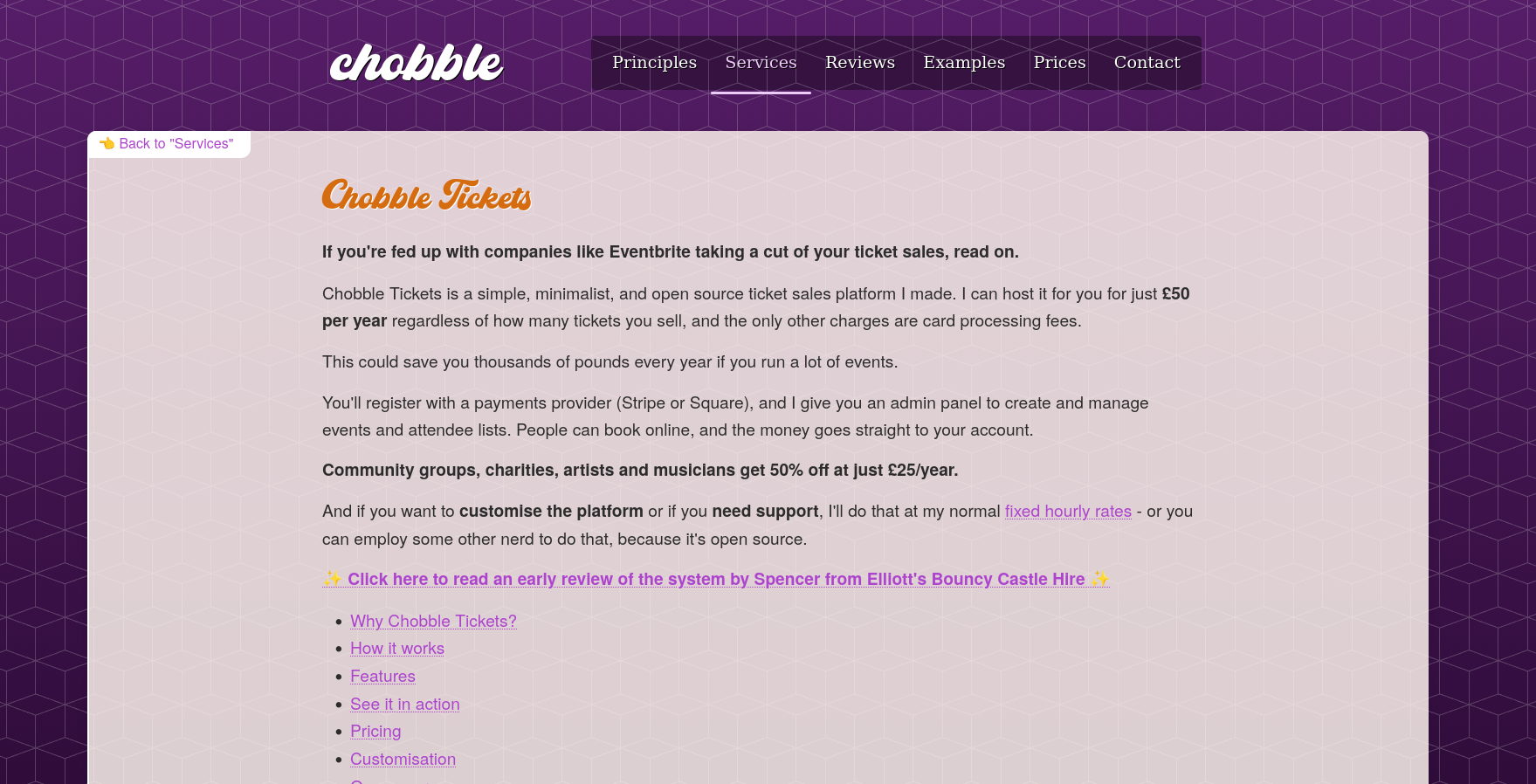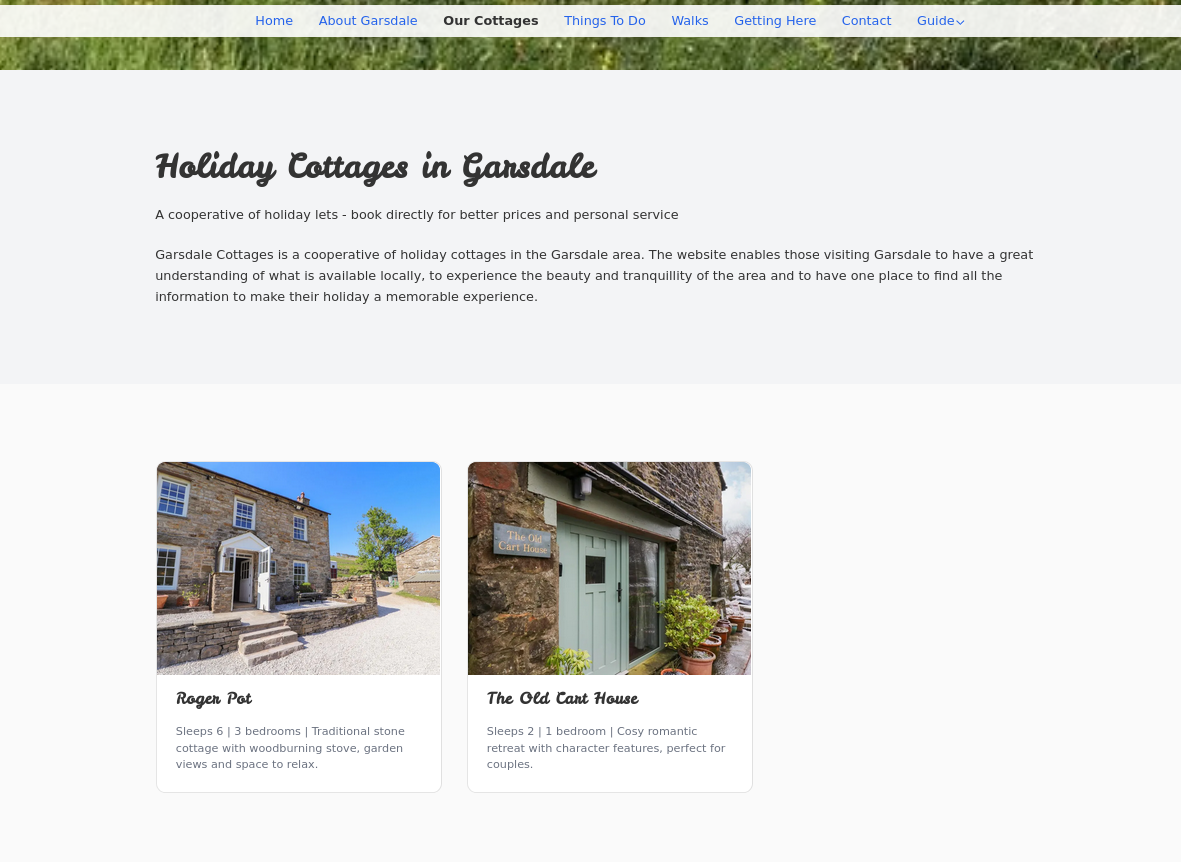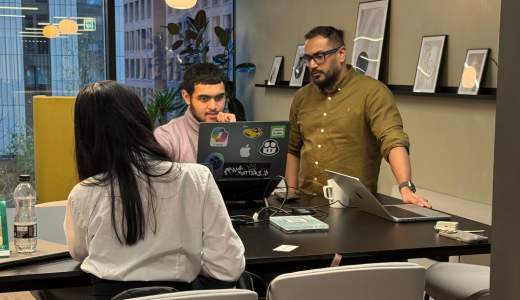
Unlocking efficiency: seamless local government IT mergers
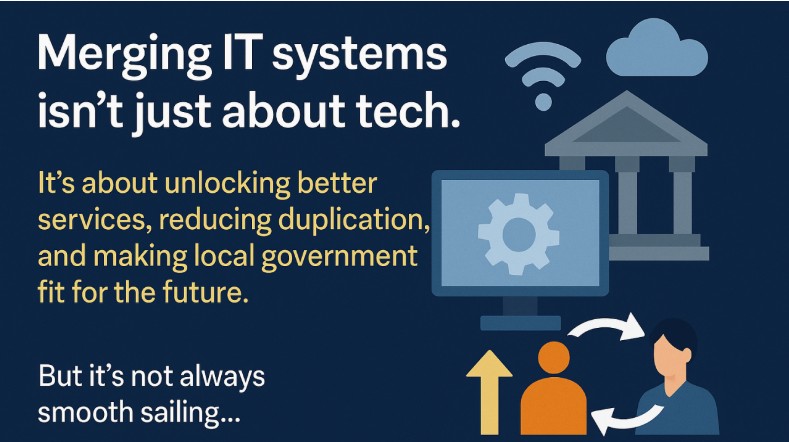 In an era where we can summon a taxi, groceries, or even a date with a swipe, it’s time local government services felt just as seamless.
In an era where we can summon a taxi, groceries, or even a date with a swipe, it’s time local government services felt just as seamless.
If local government IT was a playlist, most of it would be labelled: “Now That’s What I Call Legacy Vol. 2007.” But the future isn’t a remix, it’s a reinvention. Merging systems is no longer just about cutting costs or chasing efficiencies. It’s about radically improving how councils operate, collaborate, and deliver for real people in real communities. Smart IT mergers are the unsung heroes of modern governance and it’s time they had a moment in the spotlight.
So, how do we get it right? Here’s how to make them work, without losing your mind (or your data).
1. People first, platforms later
Let’s be honest, most IT projects fail not because the tech doesn’t work, but because people don’t buy in. Culture eats digital transformation for breakfast and it chews through IT mergers for lunch.
Start by creating cross-council change teams. Appoint digital champions. Run workshops that focus not on systems, but on shared purpose. If teams see mergers as something done with them—not to them—your foundations are already stronger than most fibre networks.
2. Map it, then merge it
Before you dream of cloud platforms and AI-powered chatbots, take stock. Most councils have dozens of overlapping systems doing similar jobs badly.
- Audit everything: HR, finance, CRM, planning tools.
- Highlight what’s working and what’s quietly weeping in the server room.
- Standardise where possible, integrate where necessary, and say goodbye to the rest.
Remember: two broken systems don’t make one good one.
3. Cloud-first, not cloud-frenzied
Cloud migration is often touted as the holy grail of IT transformation. And yes, it unlocks flexibility, scalability, and delightful buzzwords.
But here’s the twist: the cloud isn’t magic, it’s just someone else’s computer. So treat it with the same strategic rigour. Move what makes sense. Phase it properly. Build for service delivery, not just infrastructure charts.
Smart councils don’t just move to the cloud. They move with purpose.
4. Data is the dealbreaker
Data is your most valuable asset—and the trickiest one to merge. Citizen records, service histories, planning applications… all sitting in different formats, with different rules, and often, in glorious duplicate.
- Reconcile, clean, and secure your data early.
- Build a golden record of the citizen.
- And make privacy and governance non-negotiables.
When data flows seamlessly, services can too.
5. Governance without gridlock
IT mergers need governance, but not the bureaucratic variety that turns every meeting into a calendar-consuming vortex.
Set up joint decision boards with clear authority. Use agile frameworks. Share accountability across councils, not just within departments. A light but effective governance model is your merger’s North Star.
6. Communicate like you mean it
No one gets excited about “converged infrastructures” or “standardised back-office workflows.” What they do care about? Faster services. Less duplication. More joined-up care.
Communicate like it’s a trailer for a brilliant series: Start with the “why.” Be honest about the journey. Show off the wins. Involve real people.
Your merger may not win an Oscar, but it can absolutely win hearts and minds.
In conclusion: from Frankenstein to framework
When done right, an IT merger isn’t a Frankenstein’s monster of stitched-together systems —it’s a powerful framework for collaboration, efficiency, and citizen-first design.
It’s not just about plugging in new tech. It’s about rewiring how we think, work, and serve. The councils of the future won’t be defined by their boundaries, but by their ability to deliver seamless, scalable, digital-first services.
Let’s stop patching legacy and start building legacy.
What’s your take on IT mergers in local government? Have you survived one? Led one? Planning one? We would love to hear your experience.
If you would like to speak to Zubin regarding the insight article, email contact@masonadvisory.com
To find out more about our services, click here.
